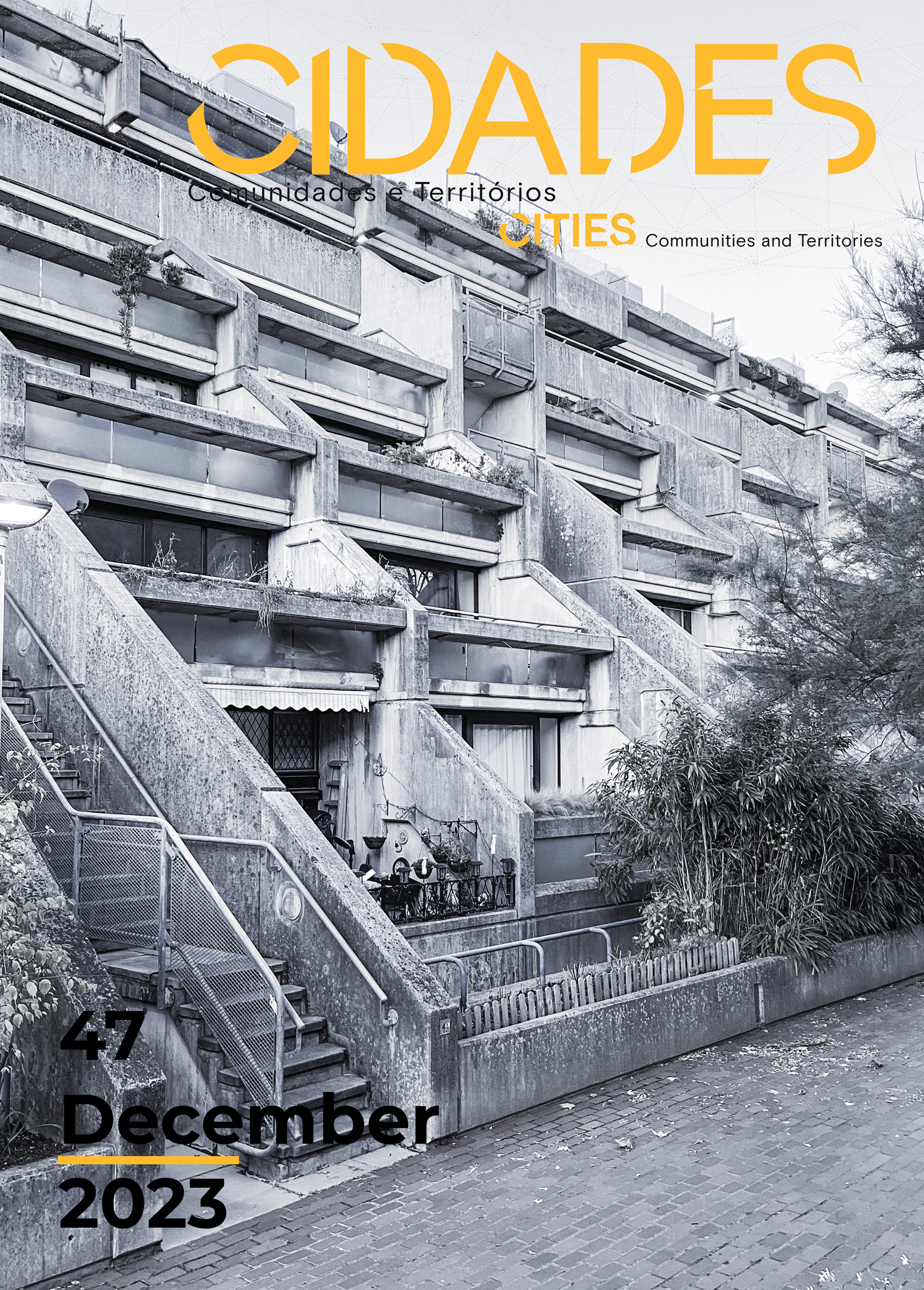The production of the city and the right to inhabit it
A conversation in two moments with Ermínia Maricato
Keywords:
city, right to the city, democracy and social movements, natural risks and climate crisisAbstract
From a multi-scale perspective, cities mirror many of the ongoing historical transformations. Comparing Brazilian and Portuguese urban dynamics is not easy as we are talking about very different contexts in terms of their economic, social, territorial or political features. However, it is possible to find some points of agreement, but, essentially, we can also learn, get to know and reflect together on how to produce a city, its houses and its habitat in a more democratic, solidary, egalitarian and sustainable way, thinking hopefully about the social production of urban space. Based on this framework, in June 2021 I conducted an interview with Ermínia Maricato, at a time when Brazil was going through a deep socio-economic and urban crisis under the government of Jair Bolsonaro. Two years later we spoke again, with the new president Lula da Silva already in power. Considering also these changes, are there grounds for hope? What can one expect for the future of Brazilian cities? Ermínia Maricato is a retired professor from the Faculty of Architecture and Urbanism of the University of São Paulo and founder of the Laboratory of Housing and Human Settlements of the same university. Ermínia has a long curriculum from which we highlight the following: she was Secretary of Housing of the Municipality of São Paulo (1989-1992) and Deputy Minister of Cities (2003-2005), in the first government of Lula da Silva; she is also a member of the National Committee of the BR Cidades Project, created in 2017.
References
Schwarz, R. (2014) (Org.) As ideias fora do lugar. São Paulo: Penguin - Companhia.
Harvey, D. (2000). Spaces of hope. California: Univ of California Press.
Tapajós, R. (1975). Fim de semana [Documentário] https://www.youtube.com/watch?v=gDm-vajAtrM
Downloads
Published
Issue
Section
License
Copyright (c) 2023 Ana Estevens

This work is licensed under a Creative Commons Attribution-NonCommercial-NoDerivatives 4.0 International License.
CIDADES, Comunidades e Territórios by DINÂMIA'CET-Iscte is licensed under a CC-BY licence.






